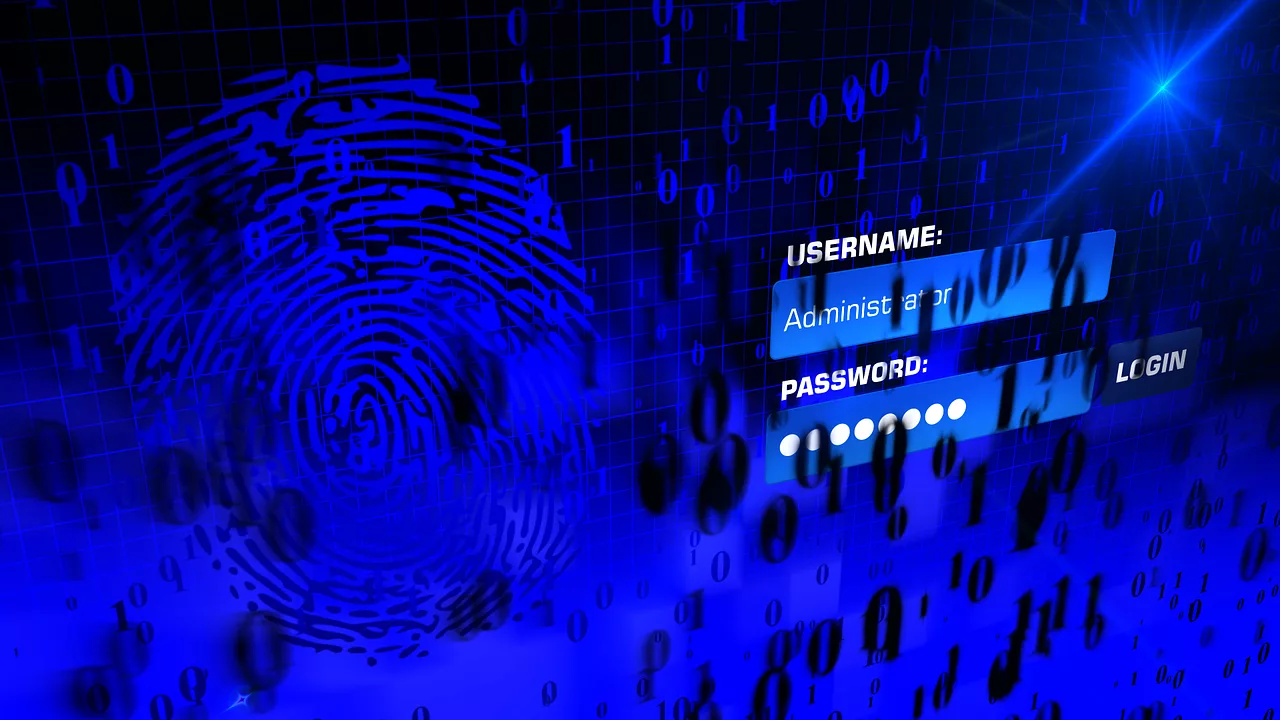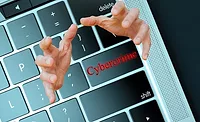Is 2021 the last call for Change Your Password Day?

In 2012, Matt Buchanan, who at the time was writing for Gizmodo, came up with Change Your Password Day, a day for making it harder for would-be-hackers to get into accounts. He wrote about how there was a proliferation of accounts on the internet that used passwords and lamented that he had twice experienced an account getting hacked. He thought it would be a good idea if everyone changed their passwords together on the same day, and Change Your Password Day was born. He suggested upping password security by adding some symbols to new passwords and by using different root passwords for banking and email from everything else.
Dave Konetski, VP/Fellow of Dell Technologies Client Solutions Group, believes that as technologies like fingerprint readers and facial recognition continue to gain popularity, "this year’s Change Your Password Day may mark a shift or perhaps a beginning to the end of passwords as we know it."
A recent Dell Technologies Brain on Tech study found when people were tasked with logging into a computer with a long, difficult password, their stress not only increased by 31% within 5 seconds, but it continued to rise even after successfully logging in. Password stress goes hand in hand with a growing appetite for biometrics on devices. Konetski also points out a recent survey commissioned by Visa, which found 86% of consumers are interested in using biometrics to verify identity and 70% believe that biometrics are easier than using passwords or pins.
"Advancements in sensor technology combined with artificial intelligence and machine learning have transformed the effectiveness of biometrics giving it stronger capabilities, as well as increased their usability making biometrics more attractive to users. Fingerprints and facial recognition on personal electronics changed the user experience for the better. With more advancements in the pipeline, we can only expect biometrics to expand to other aspects of our lives. As cost, and usability drive biometric ubiquity, I expect biometrics to become the dominant form of authentication, making the use of passwords alone a thing of the past," he says.
In the meantime, Konetski says, we can leverage tools like multifactor authentication for added protection, as well as digital certificates for secure communication and identity verification. "In any situation where standalone passwords are used, I encourage using a password manager. Not only does this tool help create strong, unique and complex passwords for every login, it also stores those passwords in a secure location, making it easy and accessible for the user," he adds.
Looking for a reprint of this article?
From high-res PDFs to custom plaques, order your copy today!







